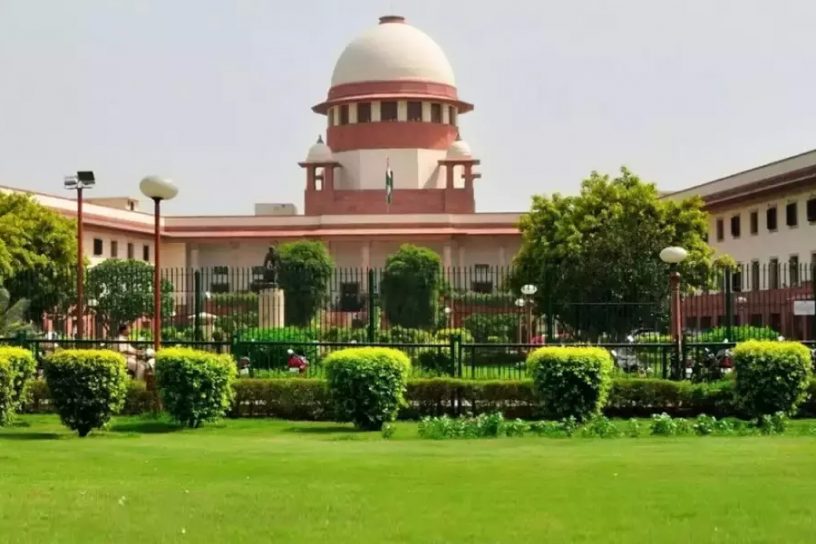
This article principally examines judicial developments in three seminal cases on privacy decided before the incorporation of substantive and procedural due process in the toolkit of the Indian judiciary.
Author
Manu Chaturvedi, Lecturer, Jindal Global Law School, O.P. Jindal Global University, Sonipat, Haryana, India.
Summary
This Article seeks to analyze the use of American due process and privacy frameworks by the Indian Supreme Court in conceptualizing the right to privacy as an un-enumerated right in Chapter III (Fundamental Rights) of the Indian Constitution. The Article principally examines judicial developments in three seminal cases on privacy decided before the incorporation of substantive and procedural due process in the toolkit of the Indian judiciary. In doing so, it seeks to make a contribution towards understanding how Indian courts partake of transplantation, translation and migration of foreign jurisprudence from a comparative perspective.
A few conclusions reached through the analysis are as follows: a) the three seminal Indian cases tasked with finding a right to privacy in the Indian Constitution selectively deployed American due process and privacy jurisprudence to push against the narrow conception of fundamental rights prevalent at the time; as a corollary; b) in attempting to develop privacy jurisprudence with the assistance of American cases, these cases contributed to the expansion of judicial review and total incorporation of substantive and procedural due process in India, subverting the original intent of the framers of the Indian Constitution; c) even after due process came to be accepted as a pillar of judicial review in India, the evolution of the right to privacy continued to draw on developments in American cases on privacy, and more qualitatively; and d) the use of American jurisprudence by the Indian Supreme Court to inform and develop its own jurisprudence suffered from methodological inconsistencies and broader incoherence, adversely affecting the doctrinal development of a right to privacy.
Published in: Journal of Global Justice and Public Policy
To read the full article, please click here.


